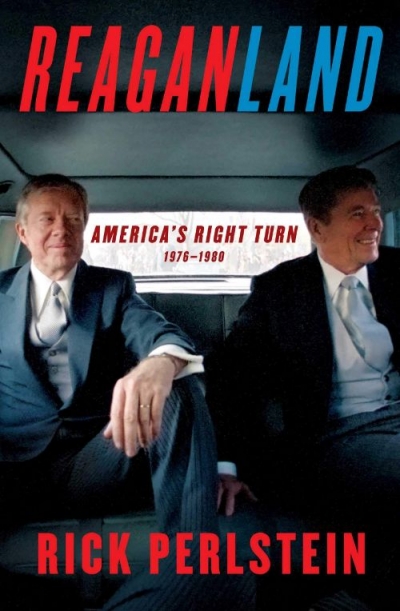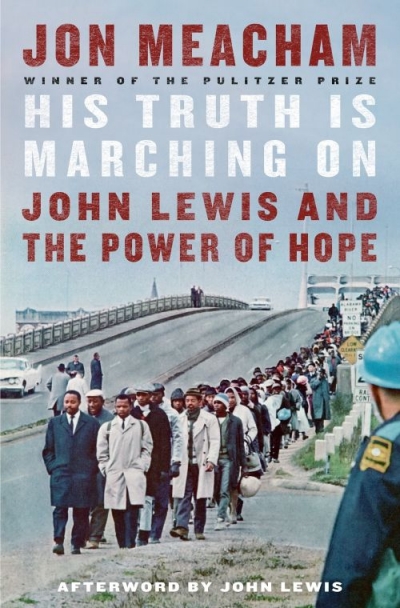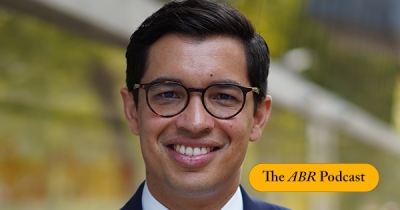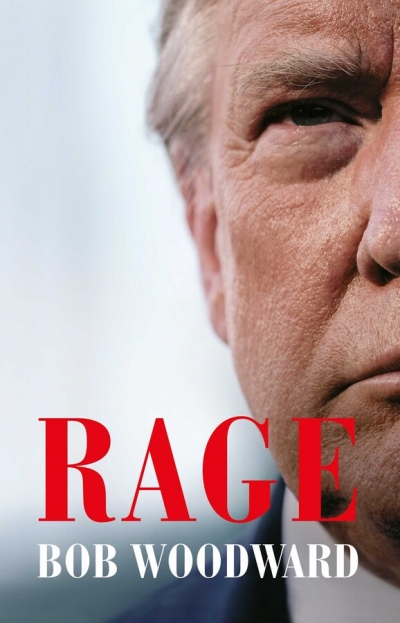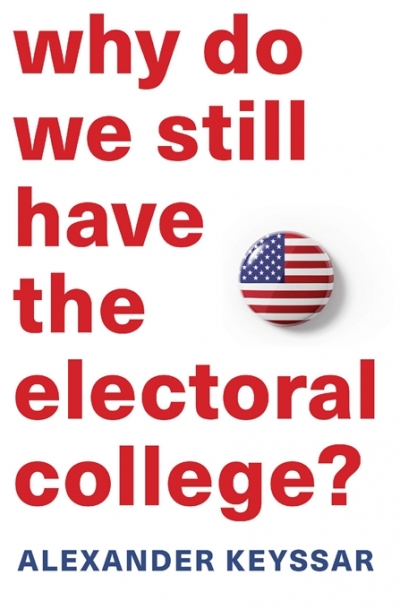Accessibility Tools
- Content scaling 100%
- Font size 100%
- Line height 100%
- Letter spacing 100%
US Politics
The ABR Podcast
Released every Thursday, the ABR podcast features our finest reviews, poetry, fiction, interviews, and commentary.
Subscribe via iTunes, Stitcher, Google, or Spotify, or search for ‘The ABR Podcast’ on your favourite podcast app.
‘Where is Nancy?’ Paradoxes in the pursuit of freedom
by Marilyn Lake
This week on The ABR Podcast, Marilyn Lake reviews The Art of Power: My story as America’s first woman Speaker of the House by Nancy Pelosi. The Art of Power, explains Lake, tells how Pelosi, ‘a mother of five and a housewife from California’, became the first woman Speaker of the United States House of Representatives. Marilyn Lake is a Professorial Fellow at the University of Melbourne. Listen to Marilyn Lake’s ‘Where is Nancy?’ Paradoxes in the pursuit of freedom’, published in the November issue of ABR.
Recent episodes:
Reaganland: America’s right turn 1976–1980 by Rick Perlstein
His Truth Is Marching On: John Lewis and the power of hope by Jon Meacham
Whatever we might think of him, Donald Trump has proven to be one of the most transformative figures in recent history. In today's episode, Timothy J. Lynch talks to ABR Editor Peter Rose about three new and highly critical books on Trump: Too Much and Never Enough by Mary Trump, A Very Stable Genius by Philip Rucker and Carol Leonnig, and The Room Where It Happened by John Bolton. As Lynch writes in his review, 'There is a paradox that these books illustrate but cannot resolve: why is a man so chaotic, so reviled, so malignant also so transformational?’
... (read more)In this week’s ABR Podcast, Peter Rose speaks to Michael L. Ondaatje (Professor of History at the Australian Catholic University) about black American voters’ attitudes towards Donald Trump and the Republican Party. They also discuss recent startling developments in an already tumultuous presidential election.
Michael L. Ondaatje’s article ‘Black and Republican in the age of Trump’ is one of a series of commentaries funded by the Copyright Agency’s Cultural Fund. It appears in the October issue.
... (read more)While on the campaign trail against Hillary Clinton in 2016, Donald Trump appeared to deviate from a scripted speech he was delivering in Dimondale, Michigan. What followed was remarkable: ‘At the end of four years, I guarantee you that I will get over ninety-five per cent of the African-American vote. I promise you.’ Undaunted by six decades of black voting behaviour and his own poor standing with African-Americans, not to mention the fact that he had yet to defeat Clinton, Trump promised a ‘new deal for black America’ that would spark a decisive black shift to the Republican Party. African-Americans had long been the nation’s most partisan racial group: since 1964, no Republican presidential candidate had won more than thirteen per cent of the black vote, and no Democrat less than eighty-two per cent. Yet Trump, a man with a long and divisive racial history, vowed that he would soon rival Barack Obama for electoral appeal among African-Americans.
... (read more)In year four of their respective terms, George W. Bush and Barack Obama enjoyed a mixed press. Some accounts lauded them, others were sceptical. The assessments were uniformly partisan. The titles of contemporary books reflected how Republicans backed Bush (he was ‘The Right Man’), Democrats Obama (for successfully ‘Bending History’). Donald Trump, on the other hand, stands as one of the most vilified presidents in American history, from all points of the spectrum. Indeed, these books together make the case that the forty-fifth president is a man so psychologically flawed he poses a clear and present danger to American democracy.
... (read more)

